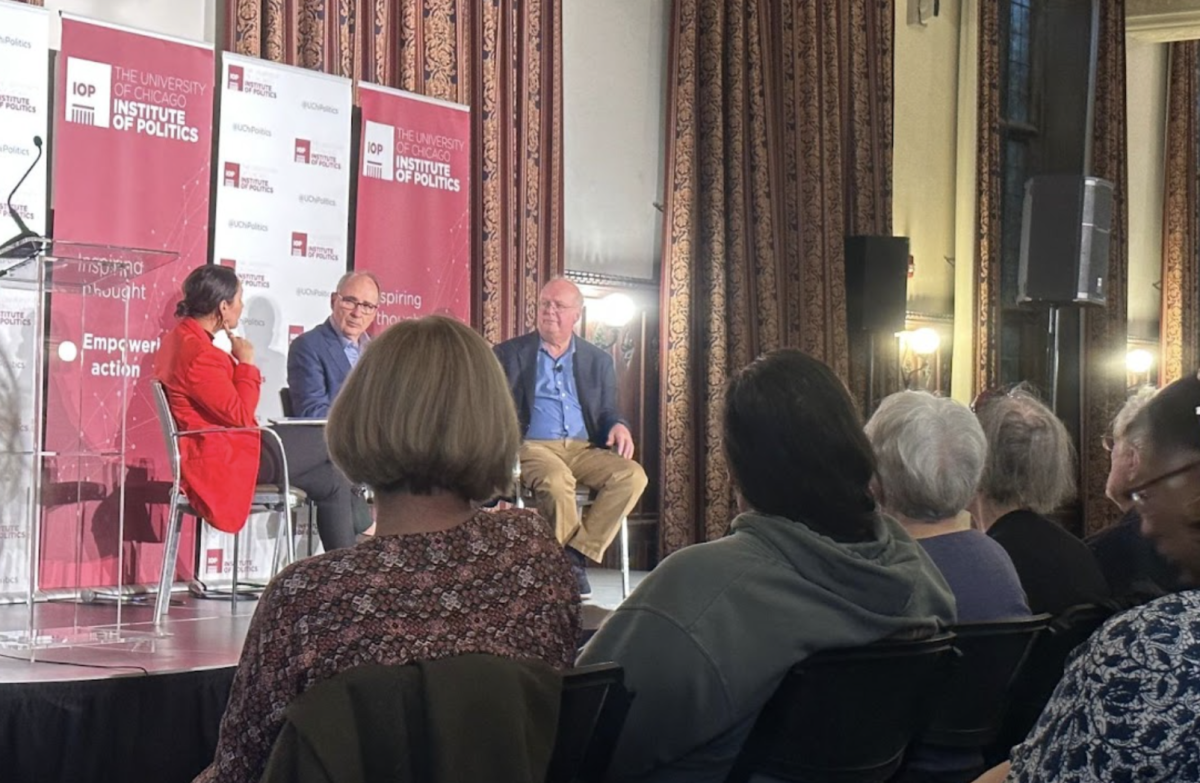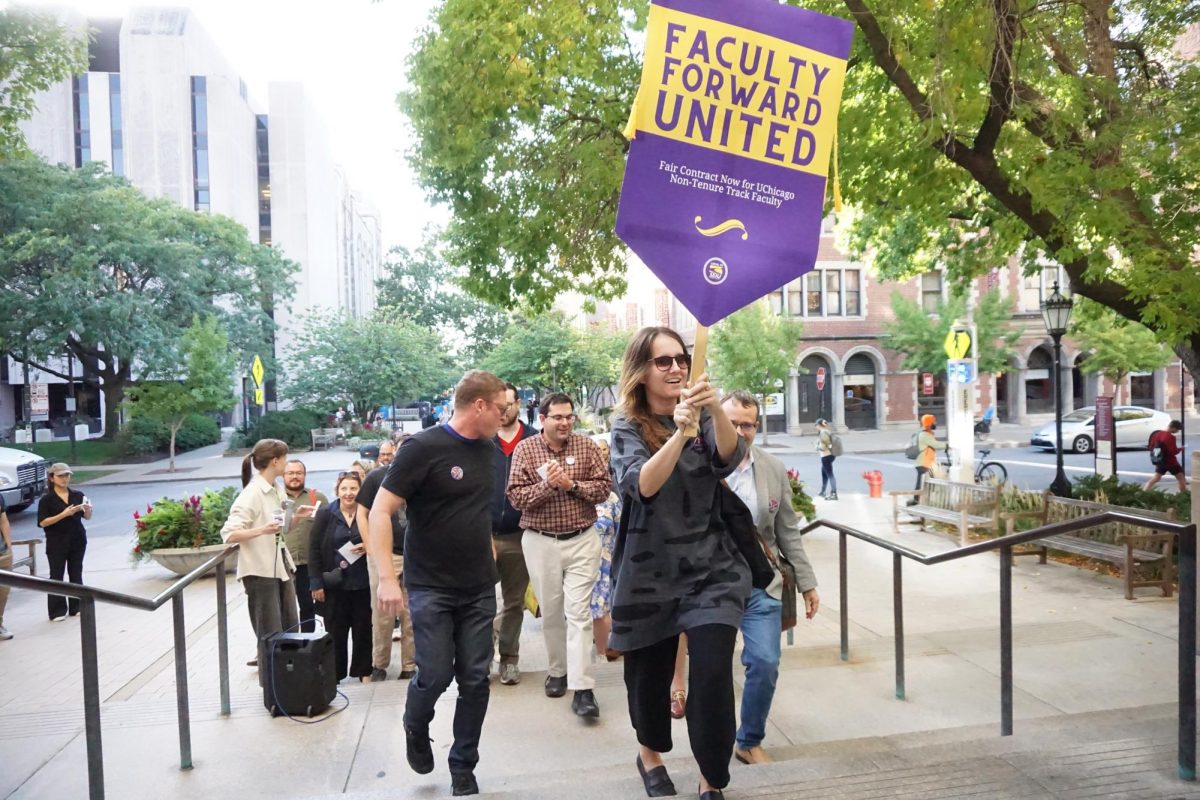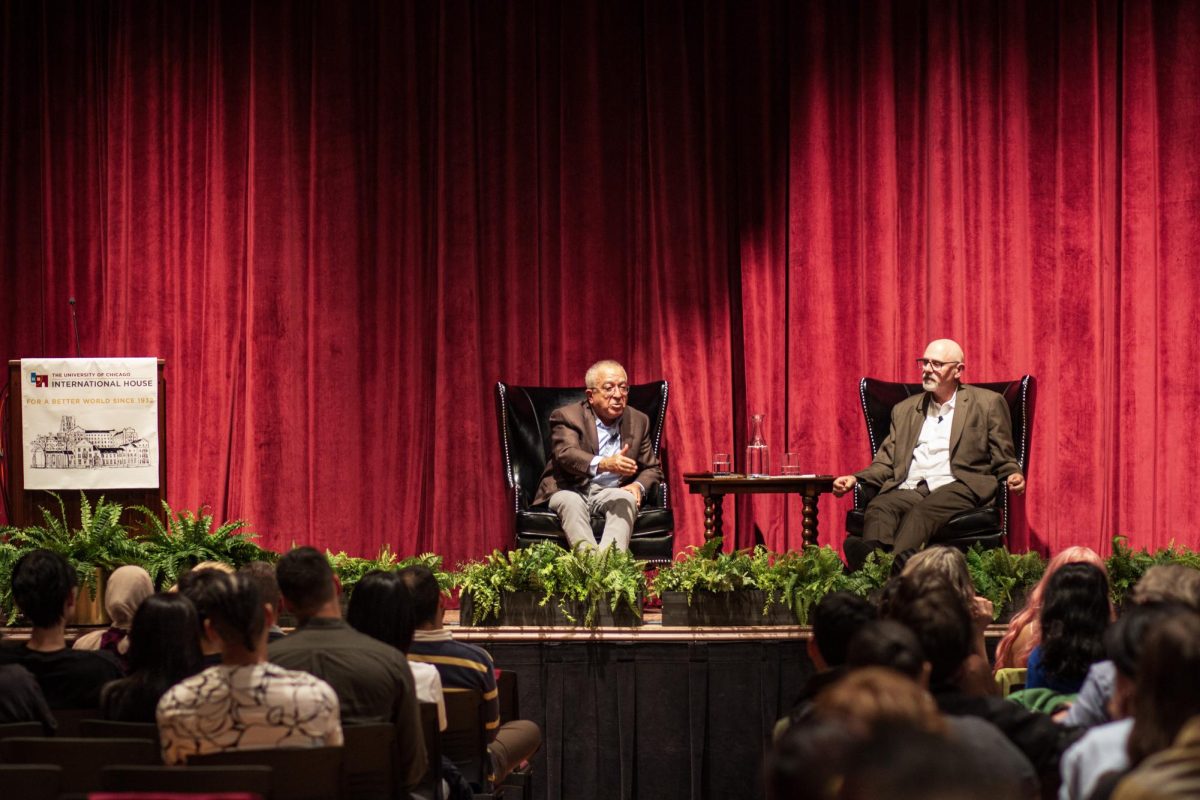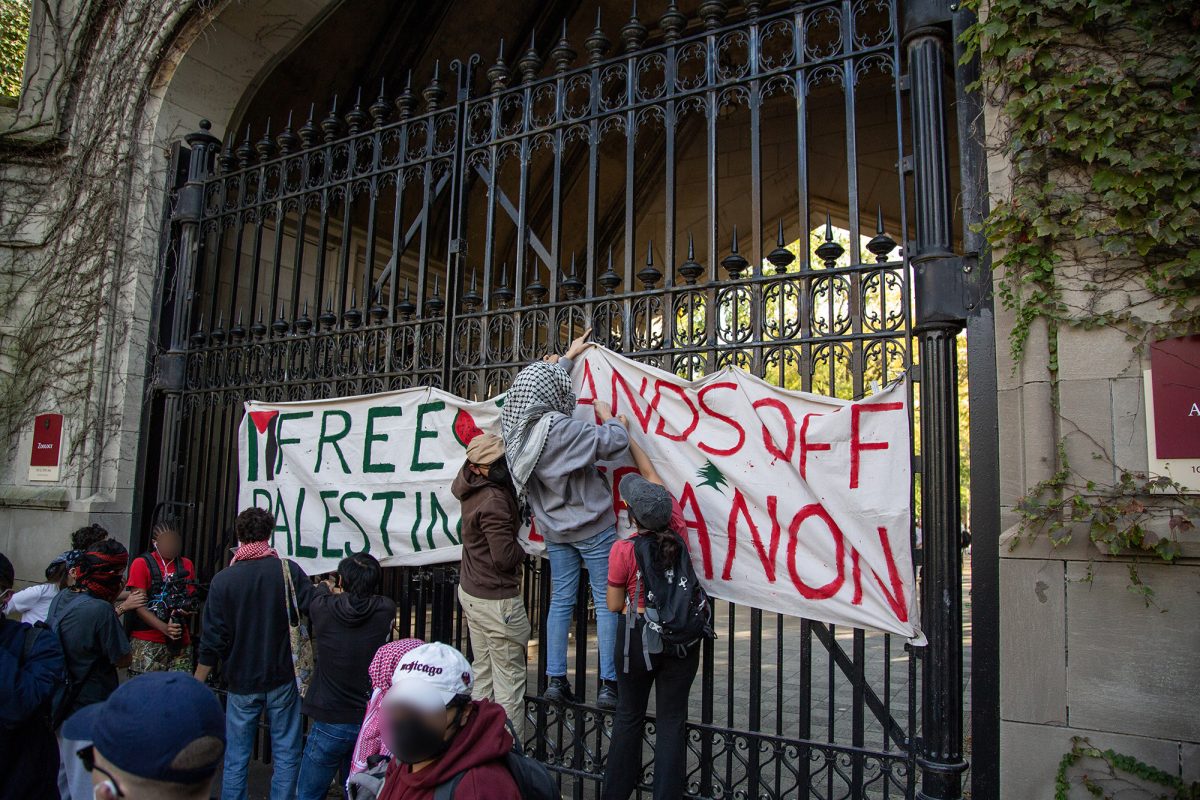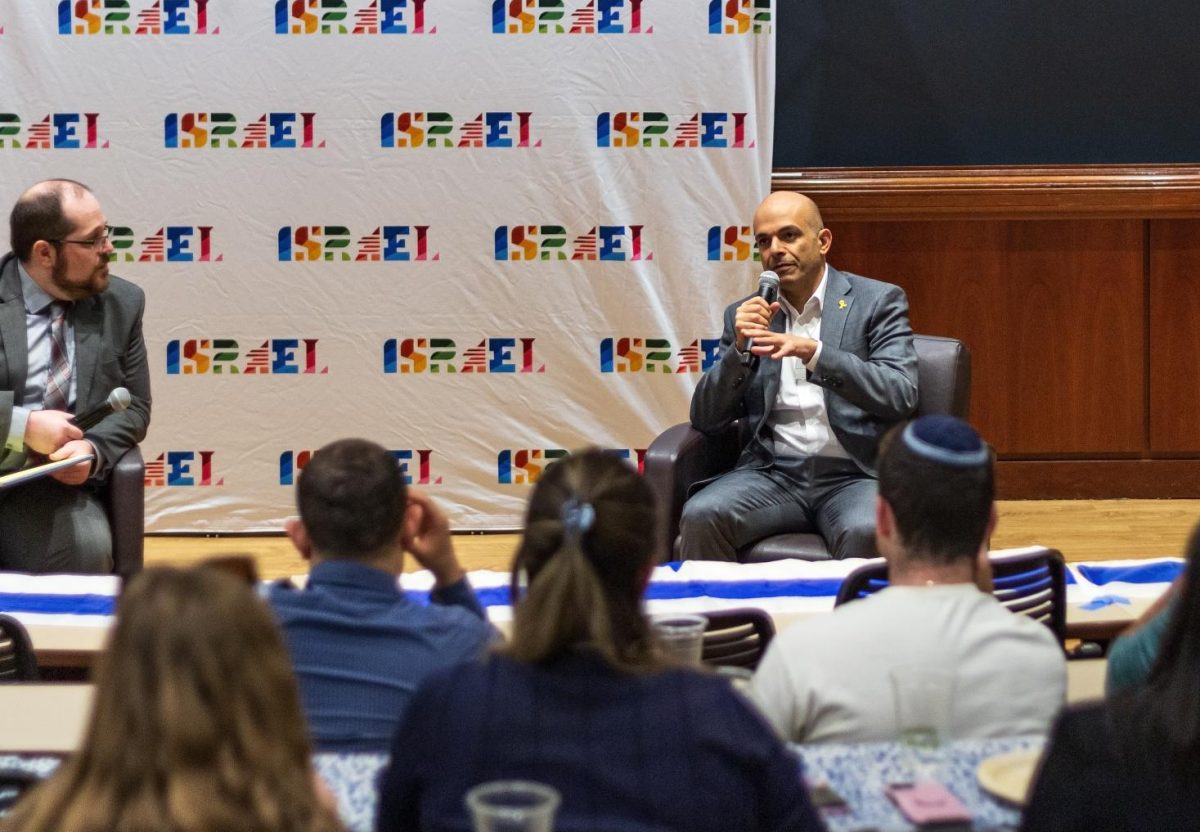Professor Rashid Khalidi, a University personality both revered and reviled for his heavy criticism of the state of Israel and American policy, will leave his position at the University as director of the Center for International Studies and professor in the Near Eastern Languages and Civilizations department at the end of the school year to teach at Columbia University.
Khalidi, who taught at Columbia for two years before coming to the University in 1987, was offered the position of the first honorary Edward Said Chair and head of the Middle East Studies department in October, but did not decide to accept the position until last week. He said that the main difference between his current position at the University and his future role at Columbia is that he will have increased prominence for his voice.
“The major reason I accepted the chair was the importance of the chair itself, especially at this time,” he said. “It was a very hard decision. The reason I didn’t take it until January was because I had a real difficulty deciding whether to stay here or accept the chair.”
Khalidi exemplified his critical political views Wednesday night while giving a fireside chat in Hutchinson Commons. The event, sponsored by the Chicago Society, came the day after President Bush’s State of the Union address.
In a wide-ranging talk, Khalidi issued stinging criticism of the Bush administration, the war with Iraq, and Israel before a crowd of perhaps 250–a large showing for a weeknight program at the University and a testament to his popularity.
Before addressing issues raised in the previous night’s State of the Union address, Khalidi examined Bush’s political appointments and attacked the legitimacy of Bush’s presidency.
“The office of the President is the costliest to buy,” he said. “[The President and his senior advisors] have a vision for the United States which is fundamentally different from any president, in my view, since Franklin Delano Roosevelt. They are unilateralists. They believe in American primacy. They believe the United States has the right to determine the terms of everything.”
His criticism of the Bush administration included comment on the suppression of the free press and a curtailment of civil rights following the September 11 attacks. Khalidi said that Bush has essentially declared an “indefinite state of terror” and, with almost no political opposition, Bush has begun to grossly abuse Constitutional rights.
“He uses ‘terrorism’ to justify measures which are blatantly unconstitutional,” Khalidi said. “Most of these things are happening to Arabs, so no one cares.”
On Iraq, Khalidi said that though America would probably easily defeat Hussein, unilaterally conquering–and having to rebuild–the nation would only breed more hatred for the United States. Comparing terror to an animal that regenerates its tentacles when attacked, Khalidi said that only chopping at the visible enemy would be a grave mistake. Instead, Khalidi held, America must contain Iraq and flood it with consumer goods.
“You will undermine them and ultimately destroy them,” he said.
As for Israel, Khalidi held similar criticism for newly re-elected Prime Minister Ariel Sharon to what he expressed about Bush. “What I said about Bush you can apply to Sharon and his clique,” Khalidi said. “What it does is chop and chop and chop–he never gets to the root of the problem.”
Responding to a question about the possibility of transferring Palestinians from the West Bank and Gaza, Khalidi said this was unlikely because there would be no place for the displaced Palestinians to go.
“The Israelis would say to themselves: ‘Even if the Americans are too stupid to realize what would be going on, we are too smart to do that to ourselves.'” he said. “Expulsion isn’t in Israeli self-interest.”
By taking extreme stances on political issues, Khalidi has had a long history of drawing significant criticism from conservatives and supporters of Israel.
Criticism of Khalidi was brought to a boil this past autumn when he was labeled anti-Israeli by the web site campuswatch.org. According to the site, Khalidi “abused power over students…and mixed politics with scholarship,” citing mainly his authorship of a study about the Palestine Liberation Organization.
The allegation developed into an extensive discussion among students, faculty, and in the student press that resulted in Khalidi receiving “vicious e-mail,” he told the Maroon last fall.
According to Khalidi, these incidents–as well as the general environment of the University–did not make him feel hindered in his ability to express himself freely. Similarly, they were not a factor in his decision to leave.
“The climate here has always been welcoming and positive,” he said.
Peter Dorman, chair of the Near Eastern Languages and Civilizations department, explained activism against Khalidi to be solely the product of a more polarized political arena in the Middle East.
“The reaction that has been manifest in the last year or two wasn’t a result of what he was saying,” Dorman said. “It’s the general state of the Israel-Palestinian situation. People have been pushed to take extreme positions on both sides. There is less of a middle ground to discuss issues in a non-confrontational way.”
Dorman said that the University tried “just about everything it possibly could” to keep Khalidi, but that it simply could not match the opportunity Khalidi is being given at Columbia. He added that the University is looking for a temporary professor to cover Khalidi’s courses for next year, and it will begin a search for a serious replacement over the summer.
“We regard Rashid as one of the mainstays of our modern Arabic program,” Dorman said. “His departure is a real loss for the program.”



